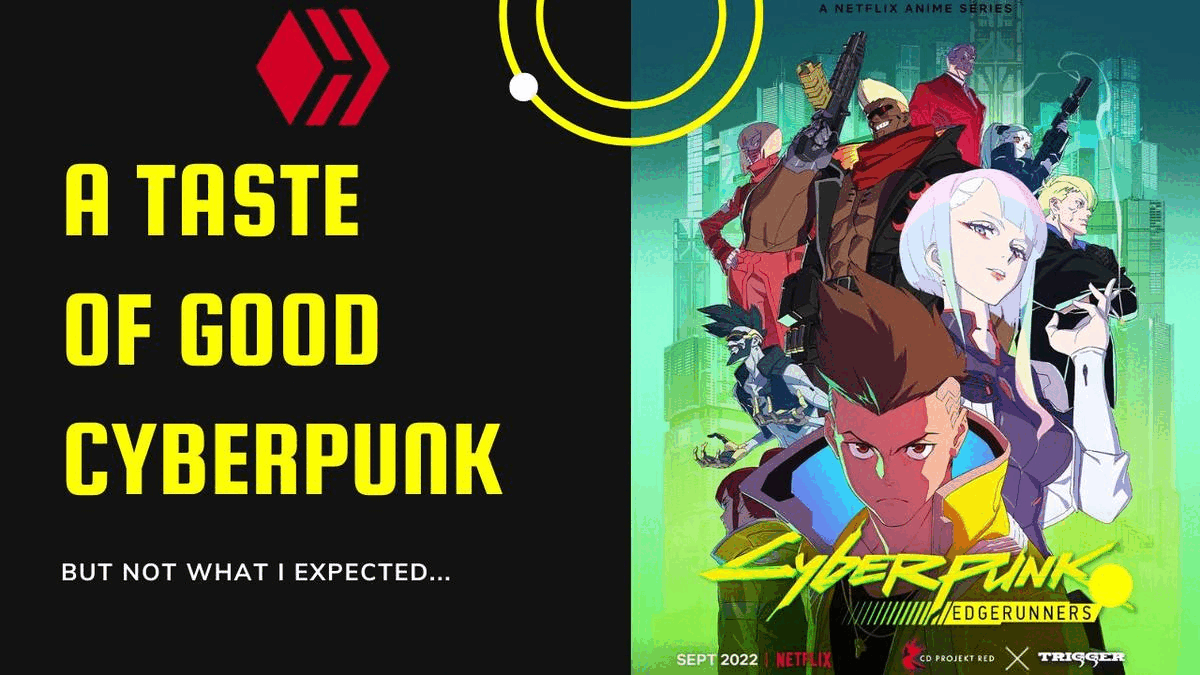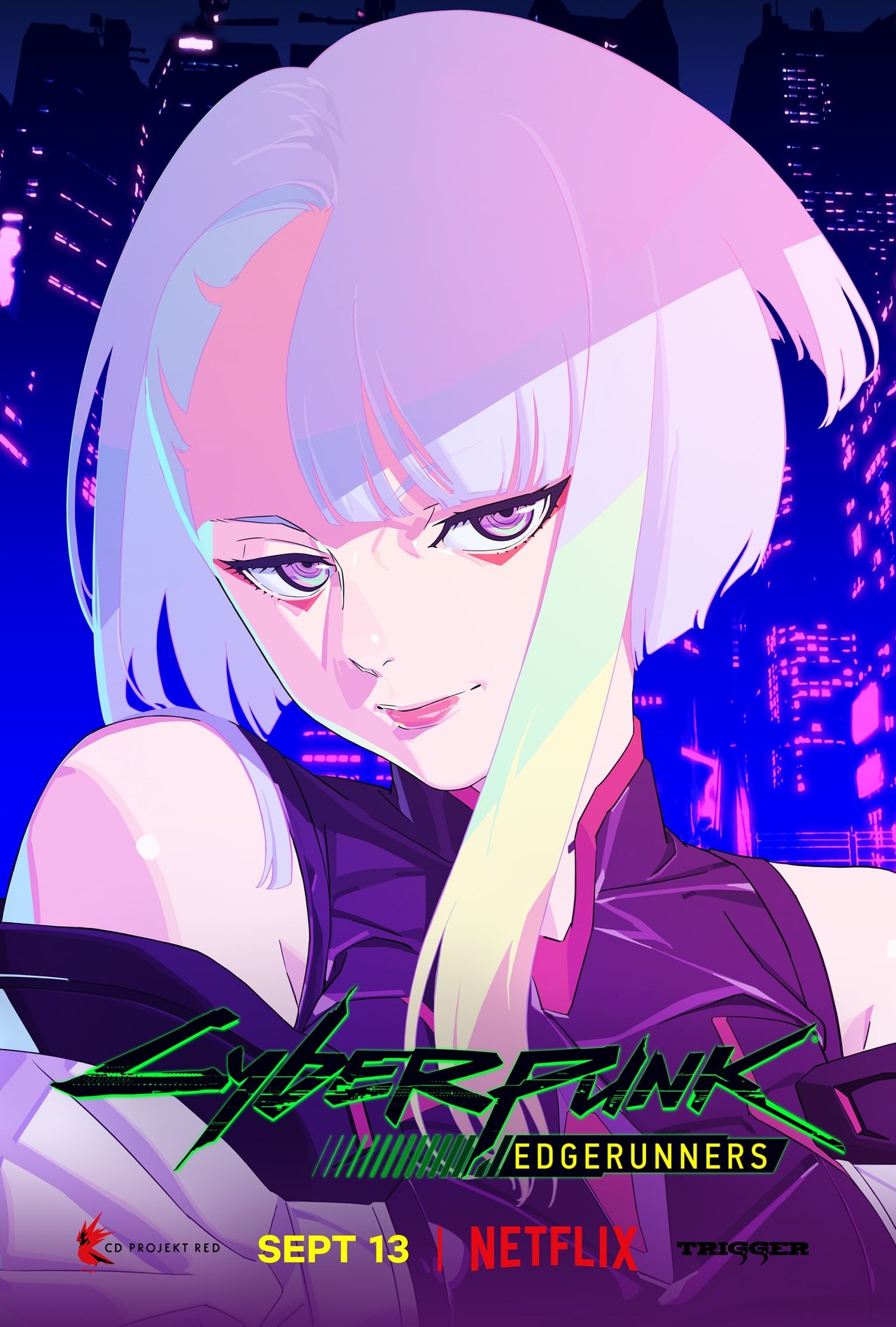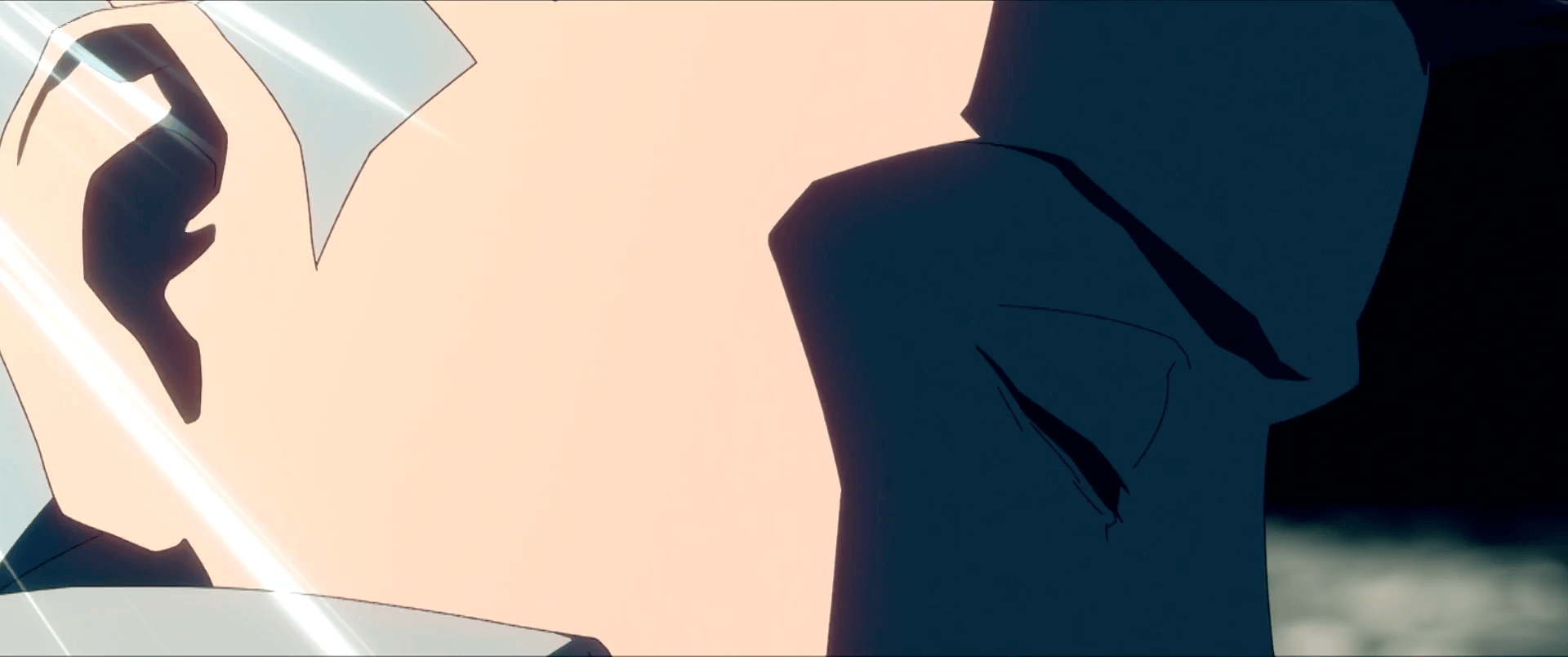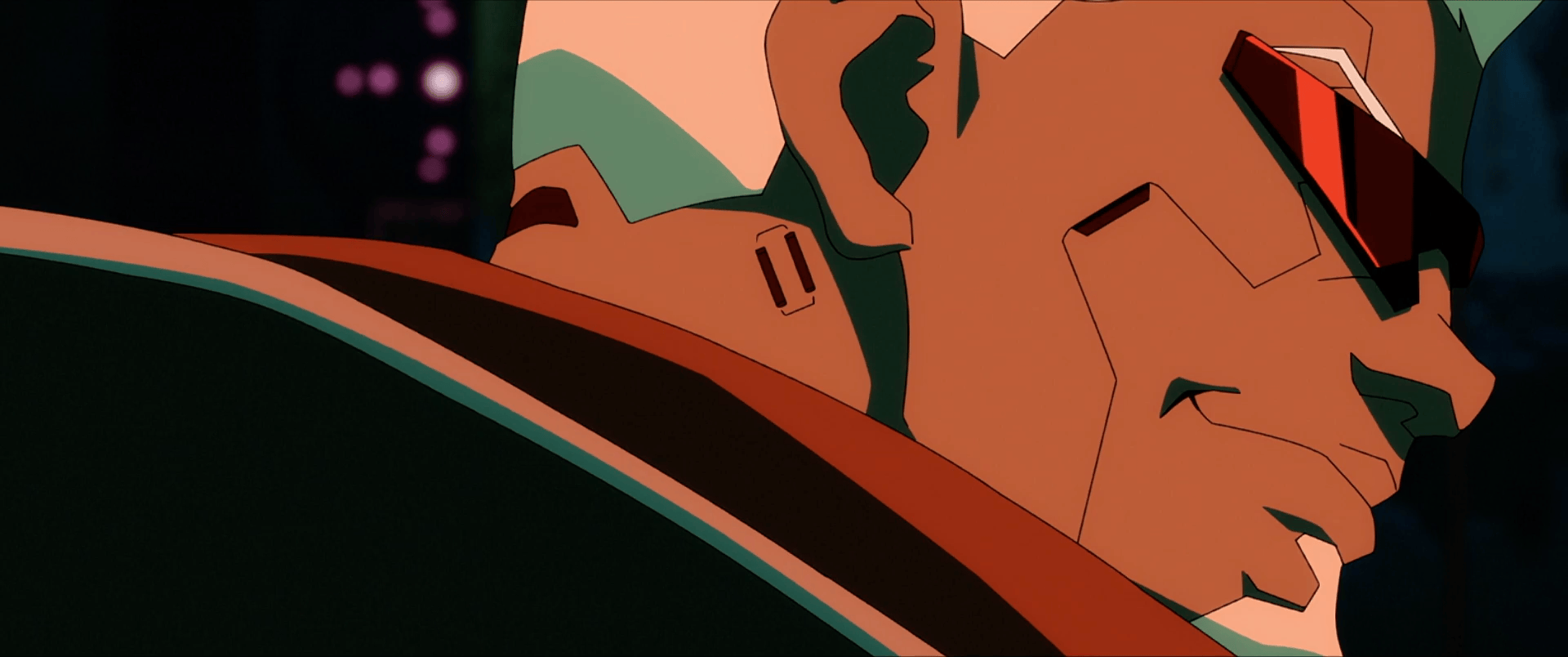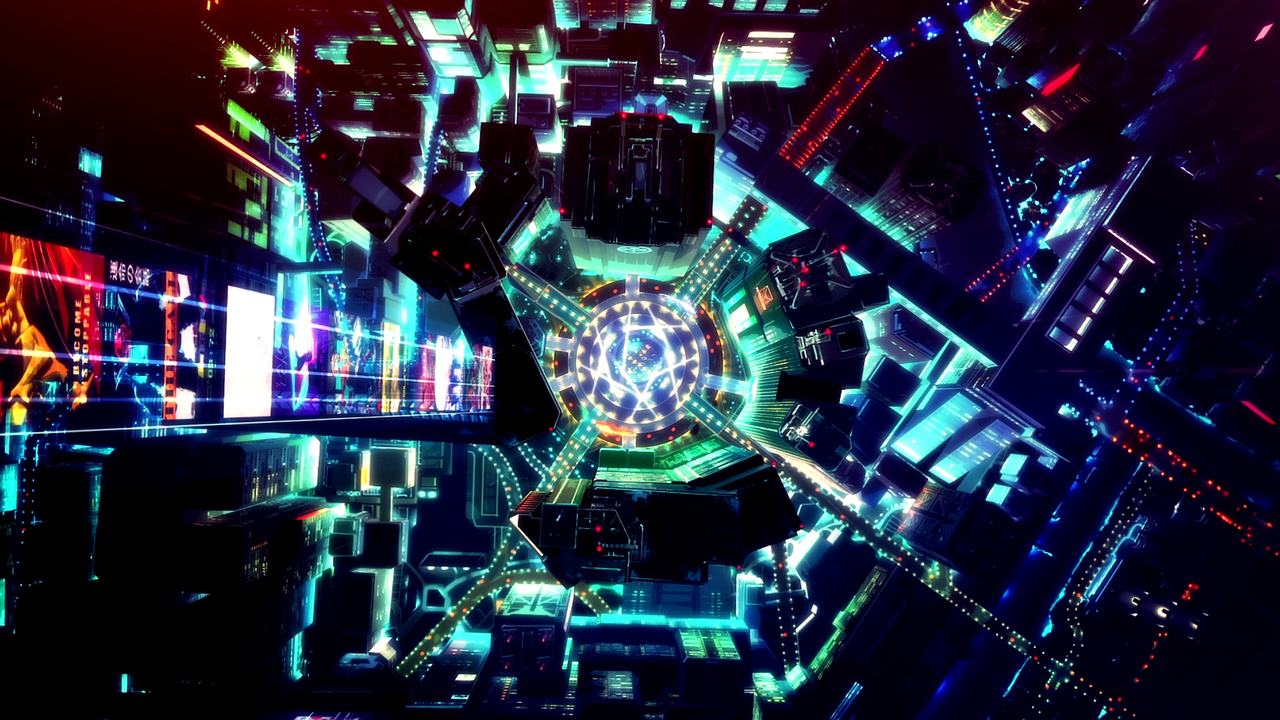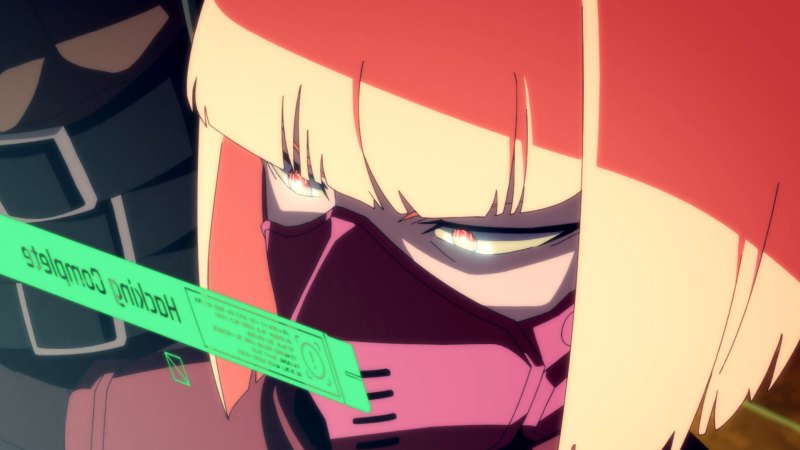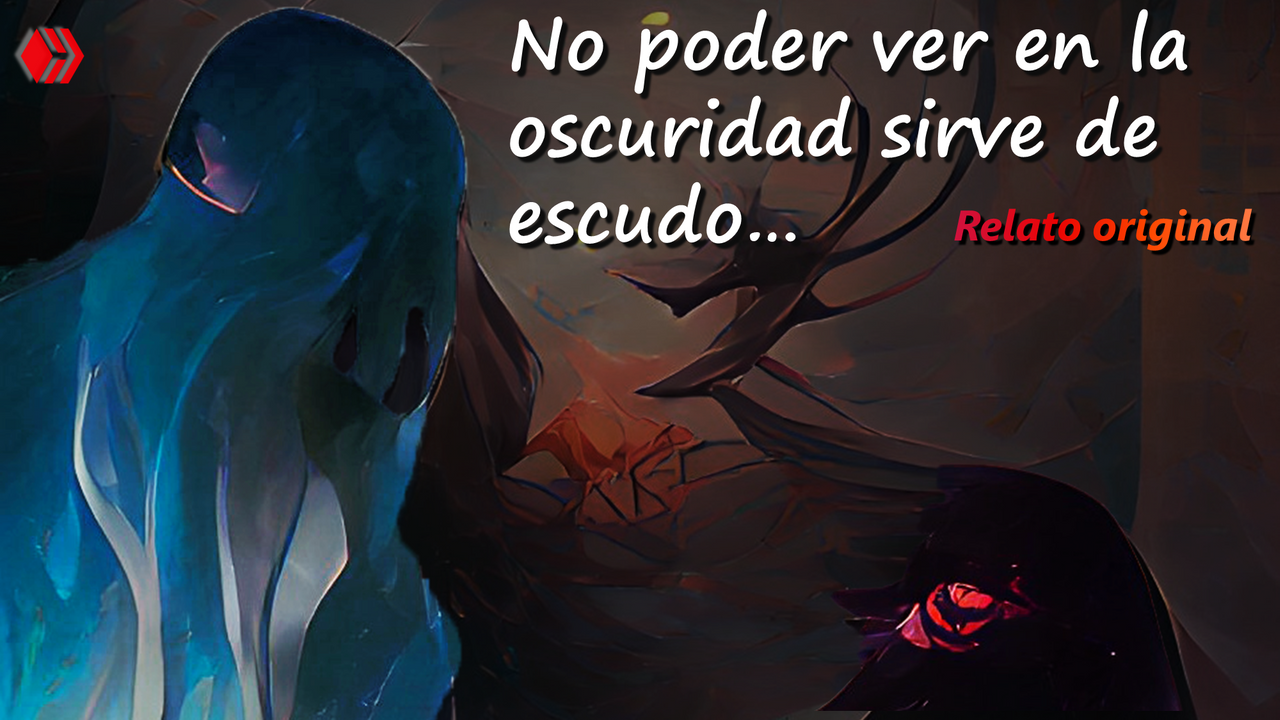ENG
If you know me well, or at least have been following me for some time, you will know that there is no sub-genre of sci-fi that I enjoy more than cyberpunk. I am such a passionate fan, that I am more critical and demanding when it comes to a work of this type. I'll preface this, as this review is going to be influenced by a bias that may contrast with the profile of my opinions on other works.
Synopsis: David is a mid-class teenager, a victim of classism and bullies at his high school. After a series of events, he meets a group of cyberpunk mercenaries, and is drawn into a world of cyborgs in which he has to decide if he wants to live on the edge.
Cyberpunk: Edgerunners, the series I'm reviewing today, caught my attention long before its release. The fact that cyberpunk was so much a part of the work that gives it its title has something to do with that, but two factors also excited me. First, this is an anime series based on a video game whose concept I love, but what dazzled me most in its trailers was the brutal animation it features.
I didn't have time to watch the series right when it came out. This reminds me how much I hate it when Netflix releases entire series all at once. But I'll talk about that another time. What does matter now is that this situation led to many others consuming each episode very quickly, causing an explosive reaction that was very noticeable on social media.
The hype around Edgerunners was powerful. Other cyberpunk fans with whom I share a common interest didn't hesitate to openly recommend it while I hadn't even seen the first episode. I think that was the worst thing that could have happened to me before watching it. For that reason, I had too high expectations.
I was very disappointed when I was finally able to witness the product. I was convinced that it was going to get progressively better, but that wasn't going to save the first three episodes in the final analysis. It's not that they were bad, and they're justified if you take into account that they manage to develop the protagonist very well, but that doesn't make them any less plain.
It seems to me that this series could easily have had the typical 12-episode format, but the development makes me think that the studio had the opposite idea. Unfortunately, Edgerunners goes about telling a story that doesn't make an effort to delve deeper into the world it depicts.
I think Edgerunners' worst flaw is probably that its function is primarily promotional. The game it is based on, Cyberpunk 2077, was commercially successful, but a general disappointment because of the lack of optimization in all its versions. I think leaving such big gaps in the narrative was meant to cause curiosity. It was important to lead viewers to give the game a first or second chance, which is already quite a bit more functional.
Night City's flatness aside, the story works. The main characters are fascinating and each has something important to contribute. But focusing on David, the main character, all of his actions are questionable. The series seems to be about his bad decisions. That's not a negative thing. I can even say that his moral code makes him much more respectable than a similar character like Tony Montana.
But in the end, the Edgerunners are mercenaries. This is an approach to a criminal world that is justified as a way of life and thereby losing the sense of the rebel in the face of oppression that David should have had. Instead, all that is put aside, and his motivations are reduced to protecting Lucy, his love interest. This isn't badly developed, but it feels very ill-suited. I suppose it's the fault of the Bladerunner saga...
There is, however, one very valuable point in the narrative, and that is that it takes the opportunity to reflect very correctly on man/machine integration. The plot of Edgerunners revolves around an allegory of drug use, taking the most important elements of cyberpunk to present reasonable doubts about cybernetic transhumanism.
To what extent can we alter our nervous system without it destroying our sanity? That question seems to be an ever-present one in Edgerunners. The first thing we see is the effects of cyber-psychosis, a mental illness caused by altering our bodies too much with cybernetic implants. That concept is genius, and I applaud how well it's been worked into this series.
I think Edgerunners manages to feel fresh throughout, and that should be highlighted. It's unlike anything I've seen before, and if it tried to use any clear references, I don't know them or they don't show. I'm glad to know that the cyberpunk genre can still feel as innovative as Edgerunners does. That makes it clear to me that there is still a lot to be told in this model of dystopia that is becoming more and more like reality.
The music, without wishing to detract from it, is very fair. It's one of those soundtracks that aren't particularly spectacular, but overall it's very good. Perhaps the least enjoyable is the opening and closing themes. The opening almost manages to be brutal, but it falls short of the mark. And while it's an interesting theme song, you can skip it without regretting it. But none of this detracts from it. Musically, it's excellent.
Edgerunners' strongest feature is its animation. There's no doubt in my mind. The art is so beautiful that it dazzles. The character design is as good as their personalities. The action scenes are frantic, and the art overall is overly colorful but well-justified. If this series is to have a sequel, I hope it follows the same artistic direction.
Cyberpunk Edgerunners is a series that will be popular for a while. Again, I regret that Netflix's methodology won't let it have too long a hype period, but it won't lack recognition. The ending leaves you begging for more, even if at the time that might be considered masochism.
| Story | Plot | Narrative | Art and animation | Music | Total |
|---|---|---|---|---|---|
| 8 | 10 | 7 | 10 | 10 | 8.8 (Excellent) |
ES
Si me conoces bien, o al menos me has seguido durante algún tiempo, sabrás que no existe sub-género de sci-fi que disfrute más que el cyberpunk. Soy un fanático tan pasional, que soy más crítico y exigente cuando se trata de una obra de este tipo. Adelanto este dato, ya que este análisis va a estar influenciado por un sesgo que puede contrastar con el perfil de mis opiniones en cuanto a otras obras.
Sinopsis: David es un adolescente de clase media, víctima del clasismo y bullys en su instituto. Tras una serie de acontecimientos, conoce a un grupo de mercenarios cyberpunk, y se ve envuelto en un mundo de cyborgs en el que tiene que decidir si quiere vivir al límite.
Cyberpunk: Edgerunners, la serie que me toca analizar el día de hoy, me llamó la atención desde mucho antes de su estreno. El hecho de que el cyberpunk marcara tanto la obra que le da su título tiene que ver con eso, pero hubo dos factores que también me emocionaron. Primero, esta es una serie de anime basada en un videojuego cuyo concepto me encanta, pero lo que más me deslumbró en sus trailers fue la brutal animación con la que cuenta.
No tuve tiempo de ver la serie justo cuando salió. Esto me recuerda lo mucho que detesto que Netflix lance series completas de golpe. Pero de eso hablaré en otro momento. Lo que sí importa ahora es que esa situación llevó a que muchos otros consumieran cada episodio muy rápidamente, causando a una reacción explosiva que se notó mucho en las redes sociales.
El hype alrededor de Edgerunners fue potente. Otros fanáticos del cyberpunk con quienes comparto no dudaron en recomendarla abiertamente, mientras yo no había visto ni siquiera el primer episodio. Creo que eso fue lo peor que me pudo pasar antes de verla. Por ese motivo tenía las expectativas demasiado infladas.
Sentí una gran decepción cuando por fin pude poner mis ojos en el producto. Estaba convencido de que la cosa iba a ir mejorando progresivamente, pero eso no iba a salvar a los tres primeros episodios en el análisis final. No es que hayan sido malos, y se justifican si tomas en cuenta que logran desarrollar muy bien al protagonista, pero eso no los hace menos simplones.
Me parece que esta serie fácilmente pudo tener el formato típico de 12 episodios, pero el desarrollo hace pensar que el estudio tuvo la idea opuesta. Lamentablemente, Edgerunners va contando una historia que no se esfuerza en profundizar en el mundo que describe.
Creo que el peor defecto de Edgerunners seguramente responde a que su función es principalmente promocional. El juego en el que se basa, Cyberpunk 2077, fue “exitoso” comercialmente, pero una decepción general por la falta de optimización en todas sus versiones. Creo que dejar huecos tan grandes en lo narrativo estaba pensado para causar curiosidad. Era importante llevar a los espectadores a darle una primera o segunda oportunidad al juego, que ya es bastante más funcional.
Dejando de lado lo plana que es Night City, la historia funciona. Los personajes principales son fascinantes y cada uno tiene algo importante que aportar. Pero centrándome en David, el protagonista, todas sus acciones son cuestionables. La serie parece tratar sobre sus malas decisiones. Eso no es algo negativo. Incluso puedo decir que su código moral lo hace mucho más respetable que un personaje similar como Tony Montana.
Pero al final los Edgerunners son mercenarios. Esta es una aproximación a un mundo criminal que se justifica como un estilo de vida. Por ello se pierde el sentido del rebelde ante la opresión que debía tener David. En cambio, todo eso se deja de lado y sus motivaciones se reducen a proteger a Lucy, su interés amoroso. Esto no está mal desarrollado, pero se siente muy poco adecuado. Supongo que es culpa de la saga Bladerunner...
Pero hay un punto muy valioso en la narrativa, y es que aprovecha la oportunidad de reflexionar muy correctamente sobre la integración hombre/máquina. La trama de Edgerunners gira alrededor de una alegoría del consumo de drogas, tomando los elementos más importantes del cyberpunk para presentar dudas razonables sobre el transhumanismo cibernético.
¿Hasta qué punto podemos alterar nuestro sistema nervioso sin que esto acabe con nuestra cordura? Esa pregunta parece estar permanentemente presente en Edgerunners. Lo primero que vemos son los efectos de la ciber-psicosis, una enfermedad mental causada por alterar demasiado nuestro organismo con implantes cibernéticos. Ese concepto es una genialidad, y aplaudo lo bien que se ha trabajado en esta serie.
Creo que Edgerunners logra sentirse fresca en todo momento, y eso hay que destacarlo. No se parece a nada que haya visto antes, y si trató de usar alguna referencia clara, no la conozco o no se nota. Me alegra saber que todavía el género cyberpunk puede parecer tan innovador como lo hace Edgerunners. Eso me deja claro que todavía hay mucho por contar en este modelo de distopía que cada vez es más parecido a la realidad.
La música, sin querer demeritarla, es muy justa. Es de esas bandas sonoras que no son particularmente espectaculares, pero en términos generales es muy buena. Tal vez lo menos disfrutables son los temas de inicio y cierre. El opening casi llega a ser brutal, pero se queda en el intento. Y aunque es un tema musical interesante, lo puedes saltar sin lamentarlo. Pero nada de esto le resta puntos. Musicalmente la serie es excelente.
El punto más fuerte de Edgerunners es la animación. No me queda duda. El arte es hermoso, pero tan hermoso que deslumbra. El diseño de los personajes es tan bueno como sus personalidades. Las escenas de acción son frenéticas, y el arte en general es demasiado colorido, pero bien justificado. Si esta serie tendrá alguna secuela, espero que siga exactamente la misma dirección artística.
Cyberpunk Edgerunners es una serie que dará de que hablar un buen rato. De nuevo lamento que la metodología de Netflix no le dejará tener un periodo de hype demasiado extenso, pero no le faltará reconocimiento. El final te deja rogando por más, aunque en el momento eso pueda considerarse masoquismo.
| Historia | Argumento | Narrativa | Arte y animación | Música | Total |
|---|---|---|---|---|---|
| 8 | 10 | 7 | 10 | 10 | 8.8(Excelente) |

